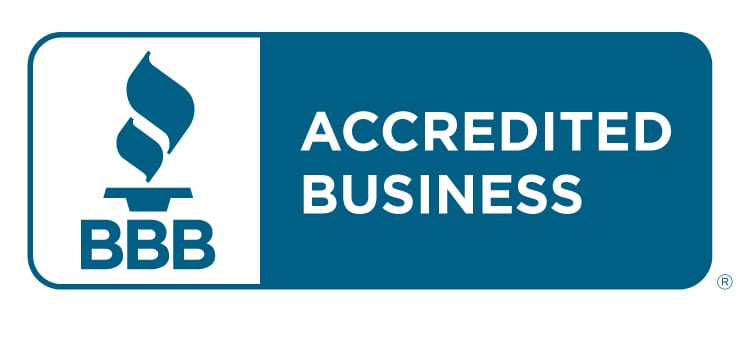
Understanding Effective Content Distribution
Brands that are creating valuable, interesting content can still struggle to reach their target audience. But why?
It usually comes down to content distribution.
In other words: What happens after you’ve created amazing content? You need a strategic plan for publishing and sharing your content with the right people, in the right places, at the right time, and in the right way.
Why is a content distribution strategy so important?
Having a content distribution plan helps minimize randomness, so you can promote your content efficiently and effectively.
A comprehensive content distribution playbook helps:
- Grow brand awareness
- Increase customer engagement
- Drive more web traffic
- Boost sales
How is content distributed?
When it comes to content distribution, many companies just hit “share” and call it a day, but this is where you want to be strategic.
Thoughtfully approach how and where you share content. These are just a few tactics to consider:
- Optimize your website, especially your blog, for SEO.
- Identify what social platforms work for your brand and how often you should be posting.
- Partner with popular influencers.
- Write guest blogs or be a podcast guest.
- Create (worthwhile) email newsletters.
Paid, owned, and earned content distribution: What’s the difference?
You own and control certain channels for distribution, such as your brand’s website and social media accounts or newsletter.
Other channels are paid for, like ads on social media or pay-per-click advertising on search engines and other websites.
You can earn content distribution, too: As your brand awareness grows, you build trust and reputation through mentions, customer reviews, shares, and links to your website in other articles or blogs.
Action plan checklist
Ready to put a content distribution strategy in place? Here’s a basic starting point:
- Set measurable goals and a timeline
- Identify and research your target audience
- Decide which distribution channels are right for your brand
- Choose the right types of relevant content and create (or locate) it
- Schedule and distribute content
- Build a relationship with your target audience
- Track and measure the impact of your efforts
- Adjust your strategy according to results
Want professional insight?
Don’t hesitate to reach out with any questions you have about content distribution. There’s always more to learn.


